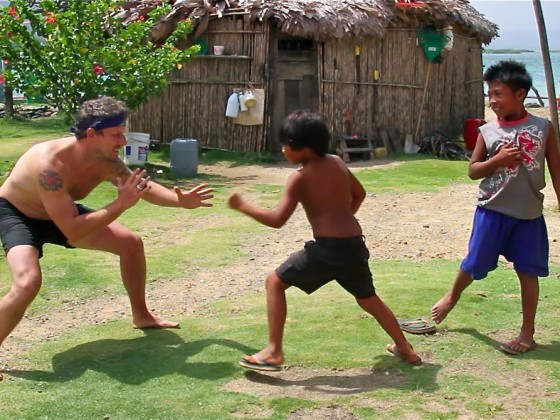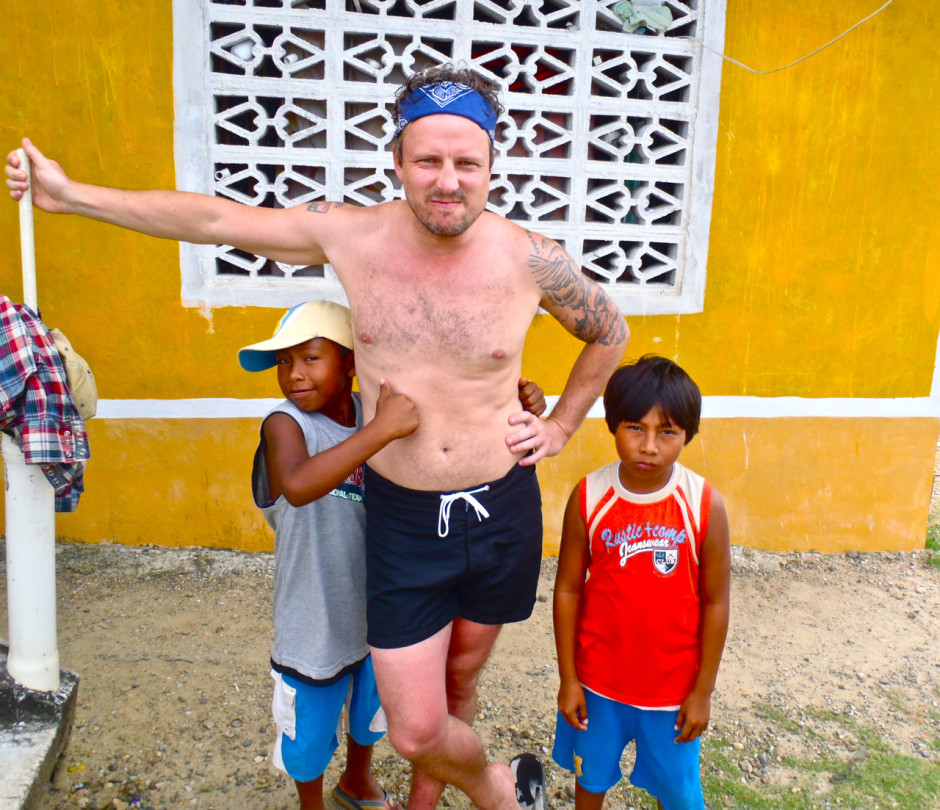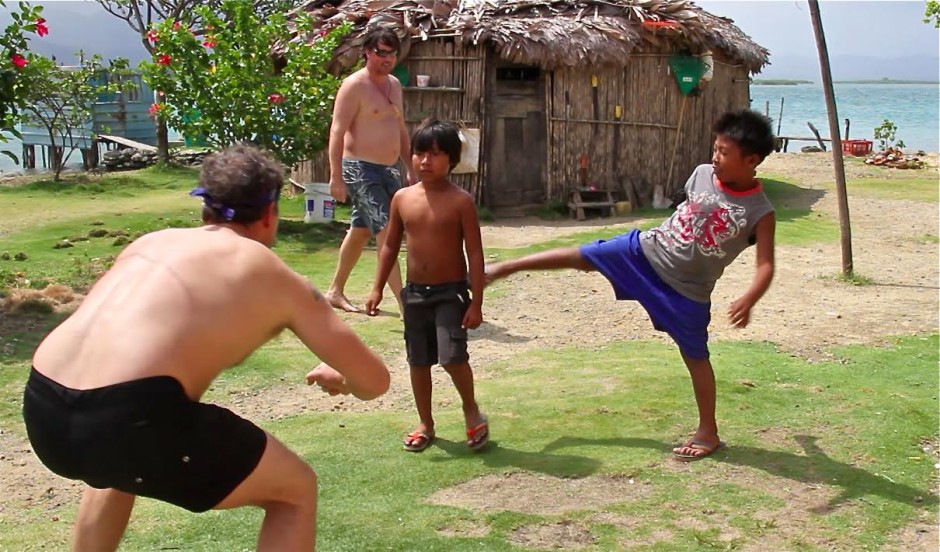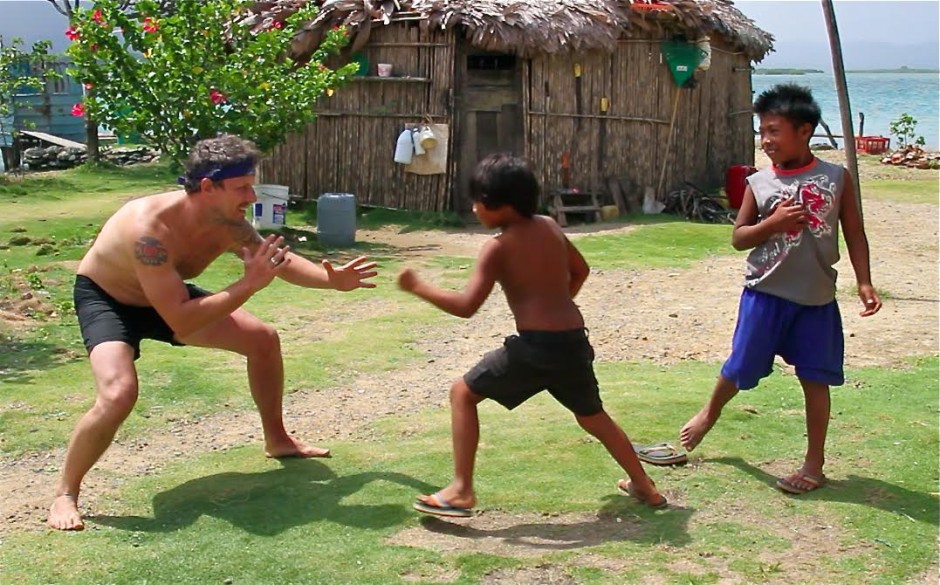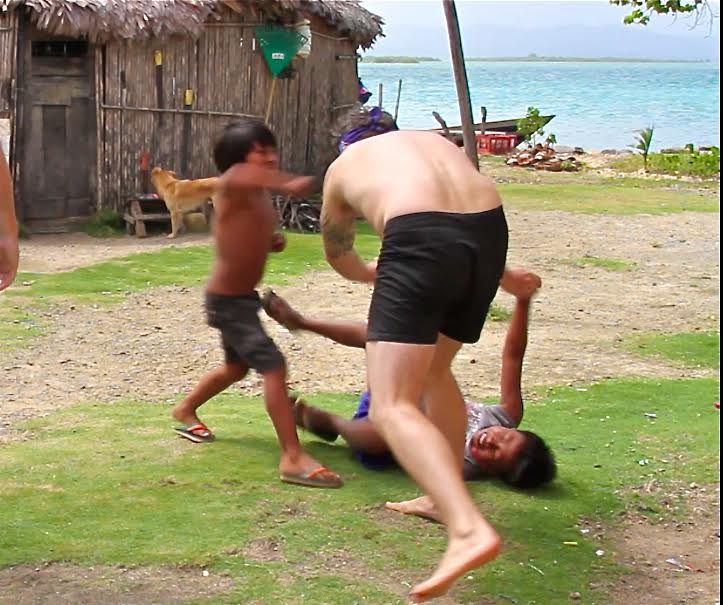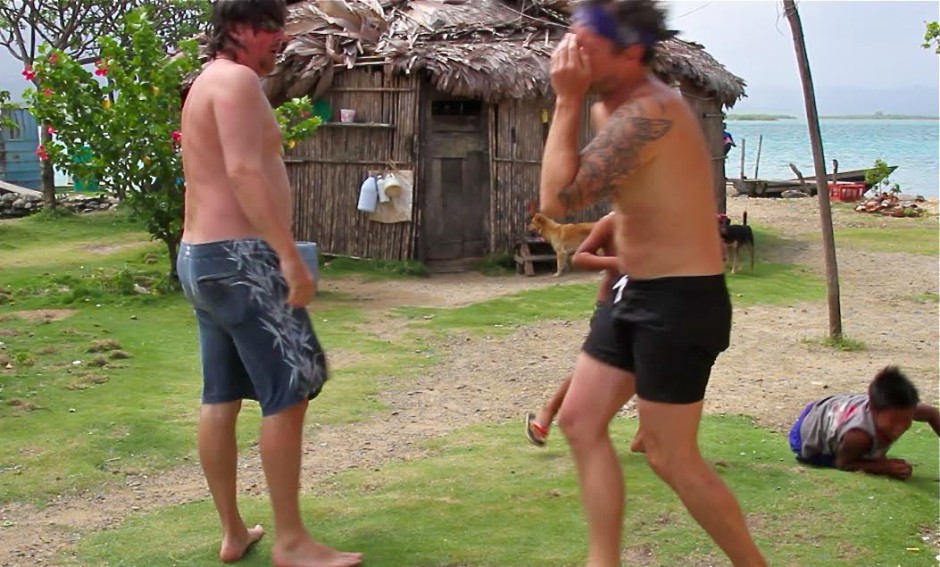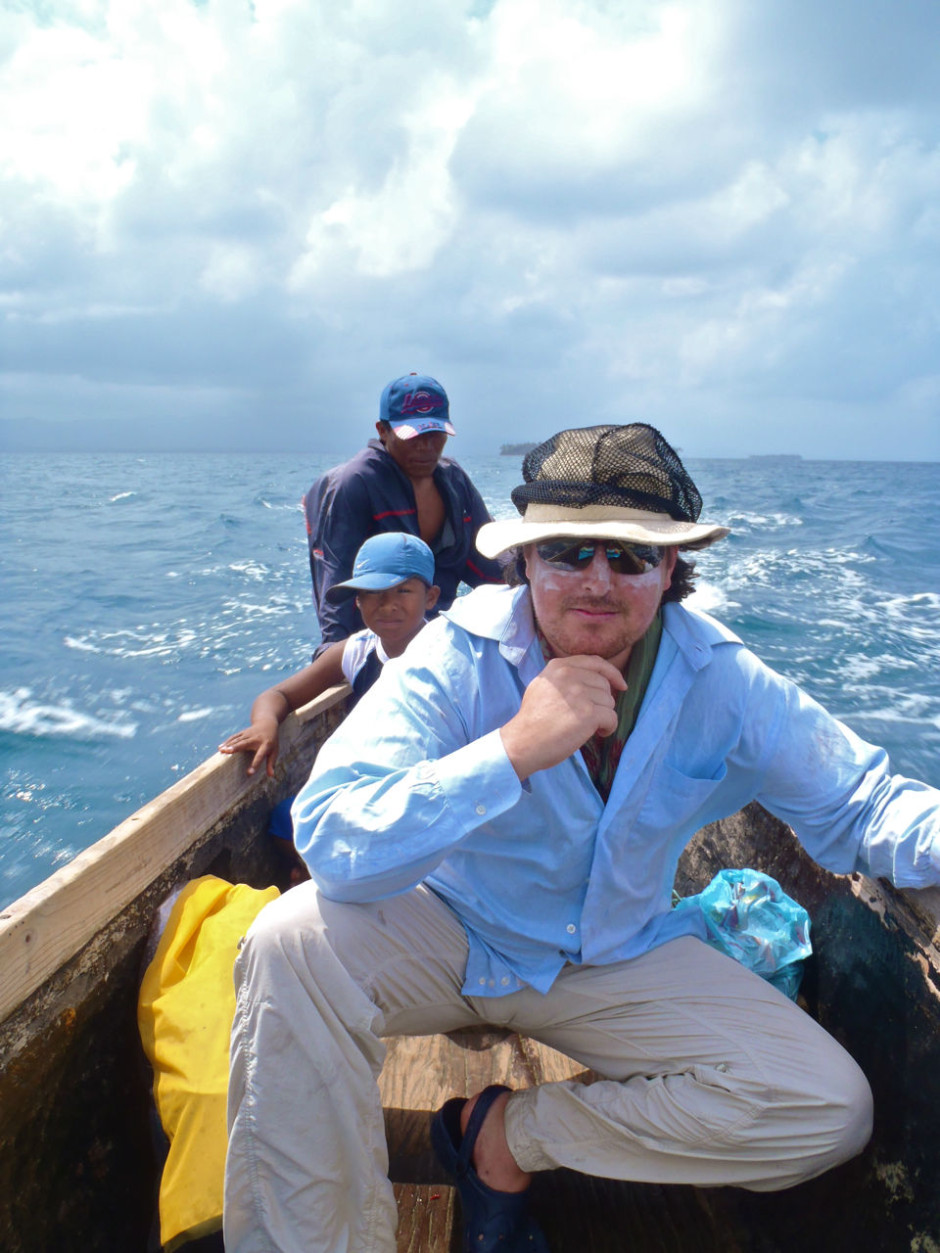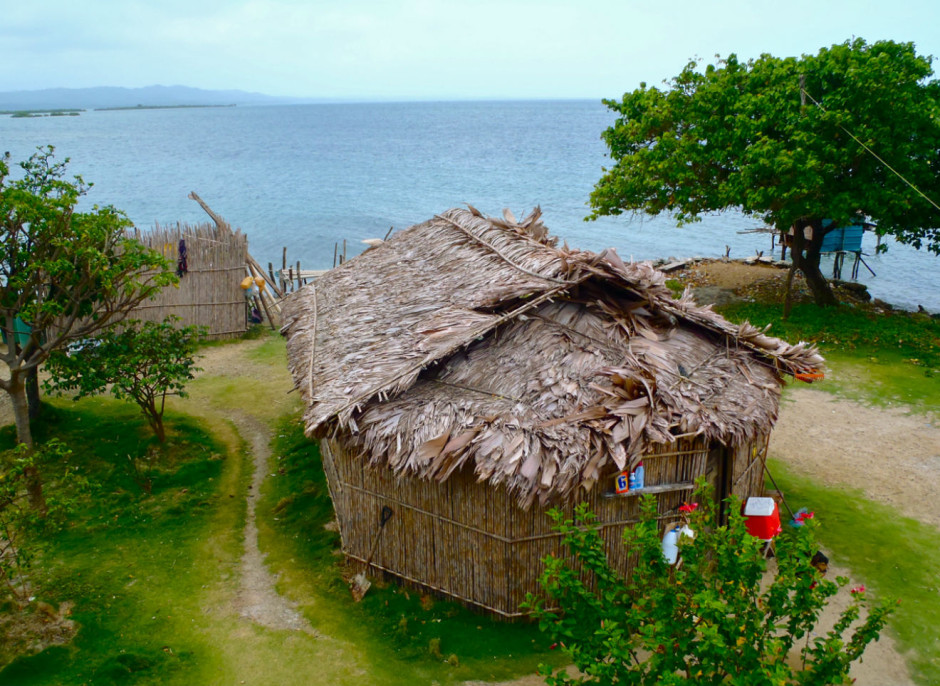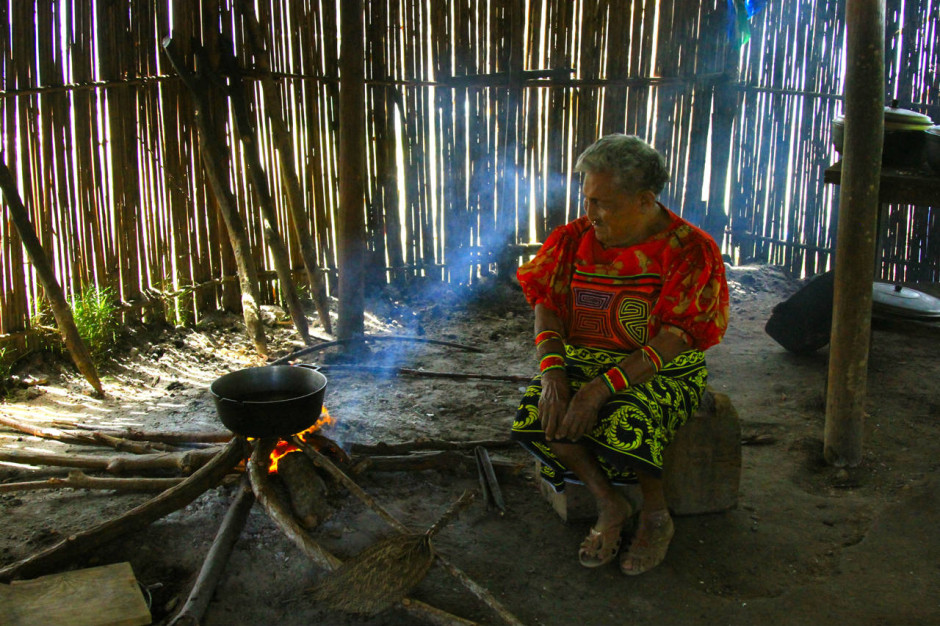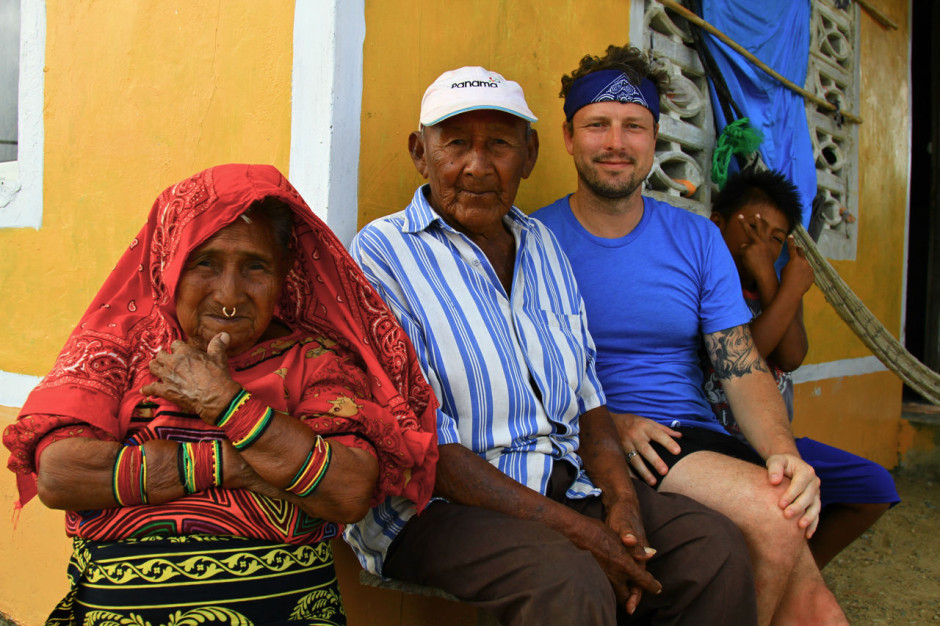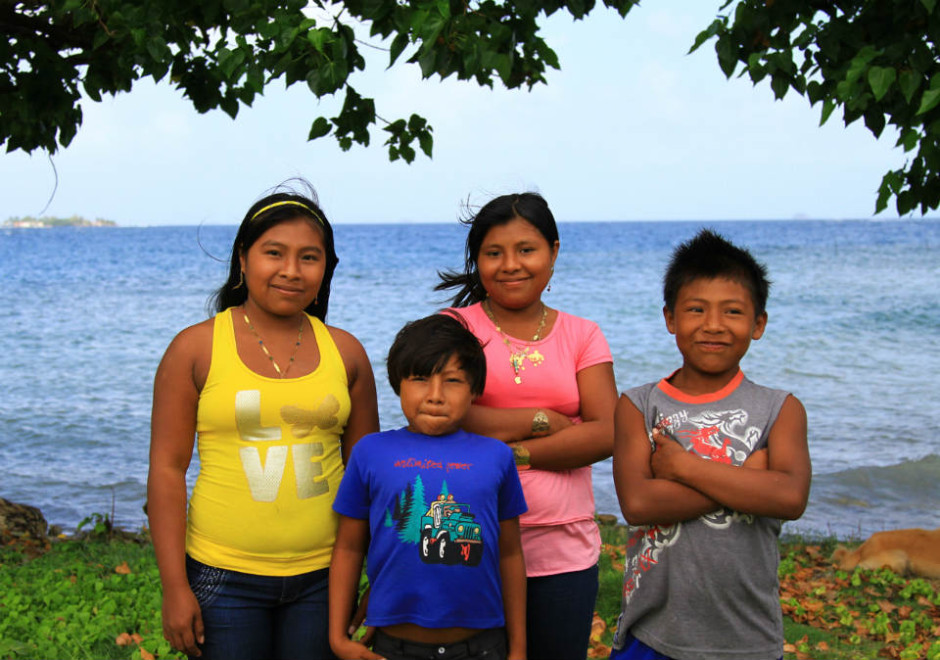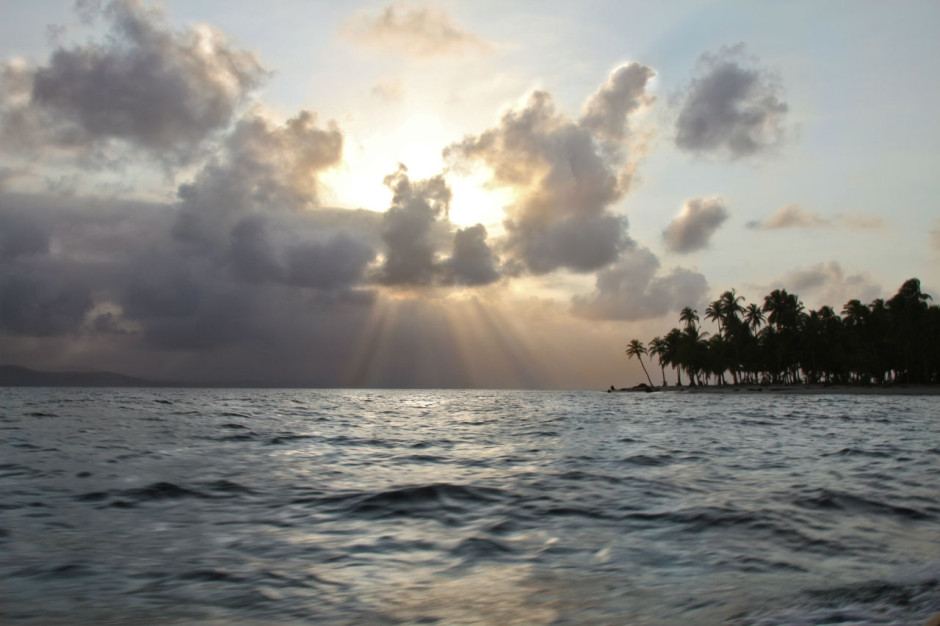“WHY YOU GO?” You asked in the only English sentence I’d ever heard you speak.
You made a fist and pretended to hit yourself in the eye, eyebrows arched and reaching as if to say, is this why, because I punched you in the face?
I grinned, shook my head. “No.”
“Por qué?” You implored.
Because, Ariel, there are Chilean and Argentinian women on the next island over. Because Nicaragua is calling. Because this is what travelers do.
